When you take Imipramine a tricyclic antidepressant (TCA) that boosts serotonin and norepinephrine levels to lift mood, the foods on your plate can either reinforce its benefits or stir up unwanted side effects.
Why Diet Matters When You’re on Imipramine
Imipramine works by blocking the re‑uptake of two key neurotransmitters-serotonin and norepinephrine-so they stay longer in the brain. Serotonin a mood‑regulating chemical made from the amino acid tryptophan levels are therefore central to how well the medication performs.
If you eat foods that support serotonin production, you may notice a smoother lift in mood and fewer headaches. Conversely, certain foods can interfere with how the liver processes Imipramine, change blood‑sugar spikes, or worsen common side effects like dry mouth and constipation.
Key Nutrients That Boost Imipramine’s Effectiveness
- Omega‑3 fatty acids: Found in salmon, sardines, and chia seeds, they help fluid‑cell membranes and have their own antidepressant properties.
- Tryptophan an essential amino acid that the body converts into serotonin: Turkey, eggs, pumpkin seeds, and tofu are rich sources.
- B‑vitamins (especially B6, B9, B12): Support neurotransmitter synthesis and reduce fatigue. Leafy greens, legumes, and fortified cereals are good choices.
- Magnesium: Calms the nervous system and can lessen muscle cramps that sometimes accompany Imipramine. Nuts, seeds, and dark chocolate are magnesium powerhouses.
- Fiber: Keeps the digestive tract moving, easing constipation-a frequent side effect. Whole grains, berries, and avocados pack plenty of fiber.
Foods to Eat While Taking Imipramine
- Fatty fish (salmon, mackerel, herring) - 2‑3 servings per week.
- Leafy greens (spinach, kale, Swiss chard) - at least one cup daily.
- Lean protein (chicken breast, tofu, lentils) - supports tryptophan intake.
- Low‑fat dairy or fortified plant milks - calcium and vitamin D help bone health, which can be compromised by long‑term antidepressant use.
- Whole‑grain breads, oats, quinoa - provide steady energy and fiber.
- Fresh fruit (berries, oranges, kiwi) - natural antioxidants that protect brain cells.
Foods and Substances to Avoid or Limit
While Imipramine isn’t an MAOI, it’s still sensitive to certain dietary triggers that can worsen side effects or alter drug levels.
- Grapefruit contains compounds that inhibit CYP3A4 enzymes, potentially raising Imipramine concentrations - avoid fresh grapefruit and juice.
- Alcohol can intensify drowsiness, dizziness, and the risk of overdose - limit to occasional, low‑quantity servings.
- Caffeine (strong coffee, energy drinks) - may increase jitteriness and interfere with sleep, a crucial factor for mental health.
- High‑sodium snacks (chips, processed meats) - Imipramine can cause hyponatremia; excess salt worsens the problem. Hyponatremia low blood sodium that can lead to confusion and seizures is a rare but serious risk.
- Very high‑fat meals - fatty foods slow gastric emptying, delaying Imipramine absorption and sometimes causing stomach upset.
Metabolism Matters: Enzyme Interactions
Imipramine is primarily broken down by the liver enzyme CYP2D6 a cytochrome P450 enzyme that metabolizes many antidepressants. Certain foods and supplements can inhibit or induce this enzyme:
- Inhibitors (e.g., quinidine, some antidepressant herbs) may raise drug levels, increasing side‑effect risk.
- Inducers (e.g., St. John’s wort, ginseng) could lower Imipramine concentrations, reducing its effectiveness.
If you’re unsure, talk to your pharmacist before adding new herbal products or over‑the‑counter remedies.
Practical Meal‑Planning Tips
- Start the day with a protein‑rich breakfast: Greek yogurt + pumpkin seeds or a veggie omelet with spinach.
- Include a fatty‑fish dinner at least twice a week: baked salmon with a drizzle of olive oil and a side of quinoa.
- Snack on magnesium‑packed almonds or a handful of walnuts instead of salty chips.
- Hydrate with water or herbal tea; keep alcohol to a minimum and avoid grapefruit juice.
- Space high‑fat meals apart from your medication dose (usually taken at night). A light snack with complex carbs can improve absorption.
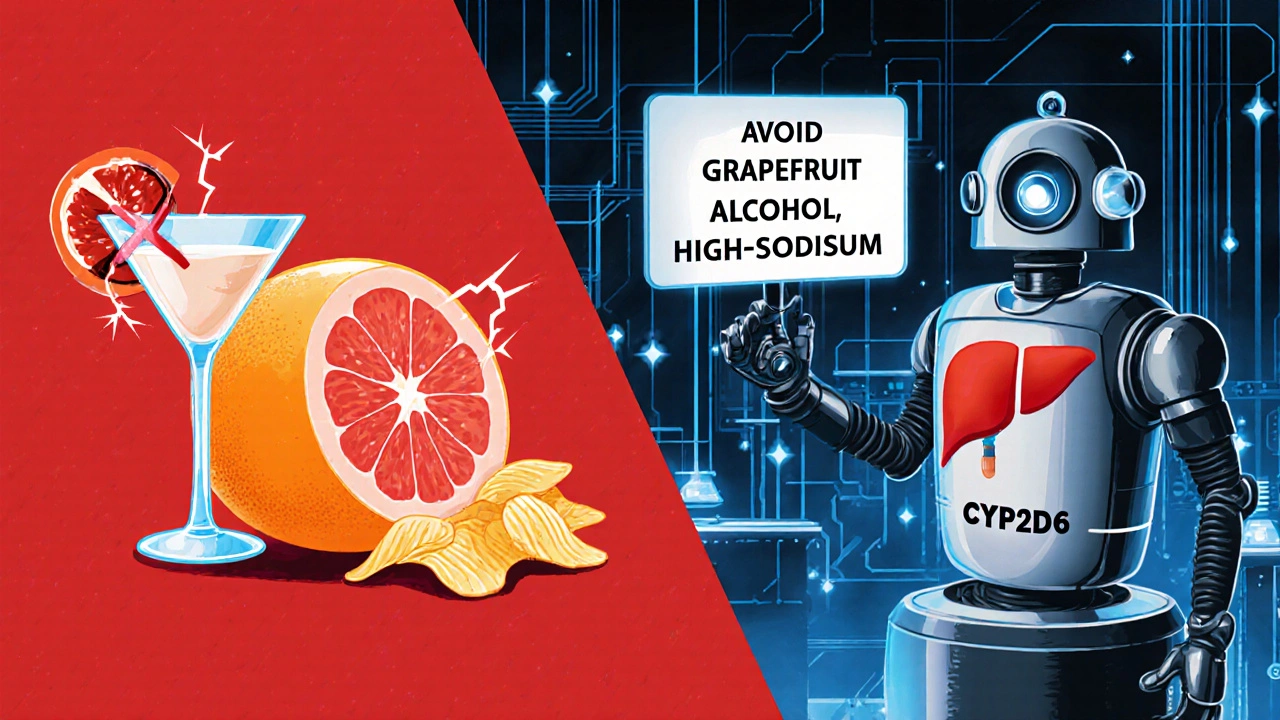
Monitoring and When to Seek Help
Even with the best diet, some people experience side effects like dry mouth, constipation, or dizziness. Keep a simple log:
- Note the time you take Imipramine and what you ate that day.
- Track any new symptoms-especially sudden confusion, rapid heartbeat, or severe nausea.
- Bring this log to your next medical appointment; it helps the doctor adjust dosage or suggest alternatives.
If you notice signs of hyponatremia (headache, nausea, muscle cramps, or unusual fatigue), contact your healthcare provider immediately.
Quick Reference Table
| Category | Examples |
|---|---|
| Eat | Fatty fish, leafy greens, nuts, whole grains, low‑fat dairy, berries, beans, tofu |
| Avoid | Grapefruit, alcohol, excessive caffeine, high‑sodium snacks, very fatty meals, St. John’s wort |
Frequently Asked Questions
Can I drink coffee while on Imipramine?
A small cup is usually fine, but heavy caffeine can heighten jitteriness and interfere with sleep, which may blunt the medication’s mood‑lifting effect. Try to keep caffeine under 200 mg per day.
Why is grapefruit a problem?
Grapefruit blocks CYP3A4 enzymes, causing Imipramine levels to rise unexpectedly. Higher levels increase the chance of dizziness, rapid heartbeat, and blurry vision.
Is it safe to take Imipramine with St. John’s wort?
No. St. John’s wort induces CYP2D6, which can lower Imipramine concentrations and make the drug less effective. Always check with a pharmacist before adding herbal supplements.
What should I do if I experience dry mouth?
Sip water frequently, chew sugar‑free gum, or use a saliva‑stimulating lozenge. If the problem persists, ask your doctor about a dosage tweak.
Can a high‑protein diet replace Imipramine?
Protein supports serotonin synthesis, but it’s not a substitute for prescribed medication. Use diet to complement, not replace, Imipramine unless a doctor advises otherwise.
Pairing the right foods with your imipramine diet isn’t a magic cure, but it can smooth out side effects, boost mood‑supporting neurotransmitters, and give you more control over your mental‑health journey.


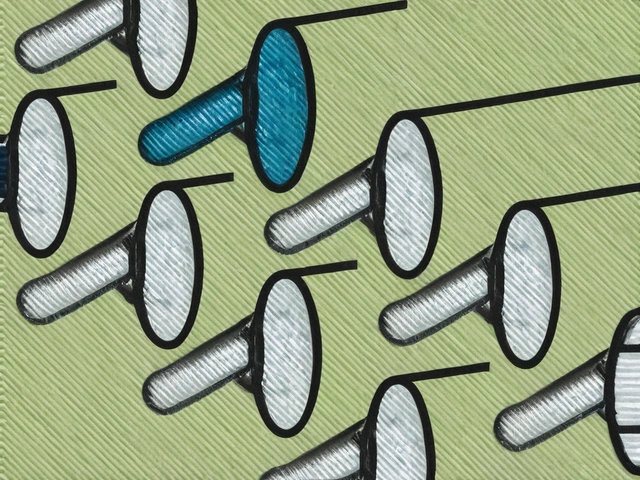
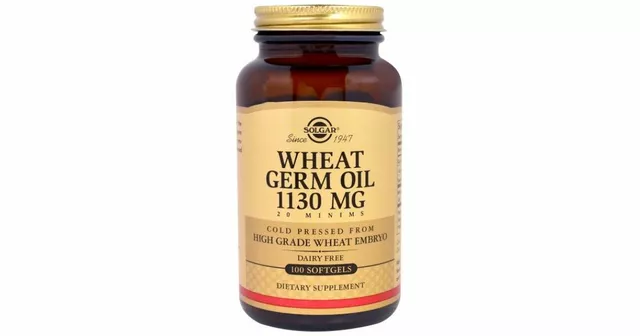
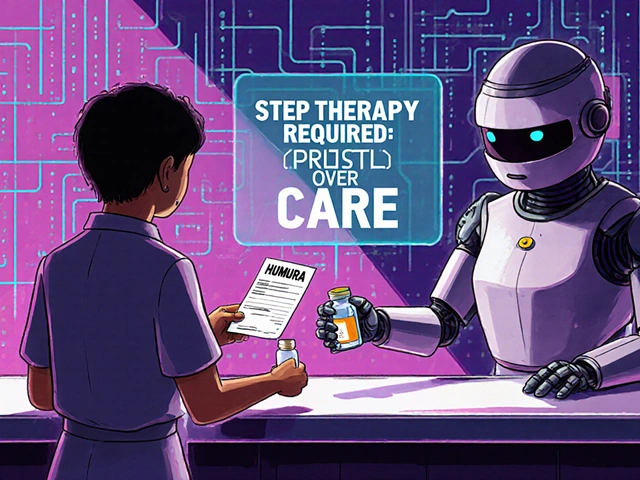
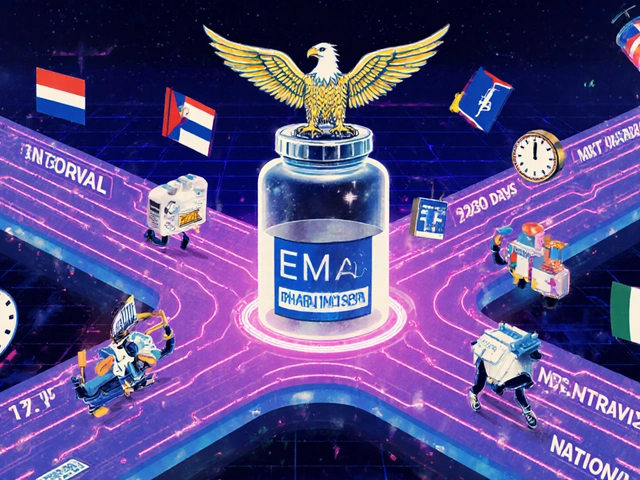
Sunita Basnet
October 25, 2025 AT 16:03Boost your mood with omega‑3s and keep grapefruit off the menu.
Melody Barton
November 1, 2025 AT 13:43Coffee isn’t a death sentence, just keep it under a cup a day. Too much caffeine can make you jittery and mess with sleep, which is the last thing you need when on Imipramine. Stick to a small brew in the morning and you’ll dodge the extra buzz. Remember moderation is key and you’ll still get the mental boost without the crash.
Justin Scherer
November 8, 2025 AT 12:23I’ve found that timing meals around your dose helps. A light carb snack before bedtime can smooth out absorption and cut down on stomach upset. Pairing a protein‑rich breakfast with omega‑3s sets a good tone for the day. Keep an eye on sodium; chips and processed meats can aggravate hyponatremia risk. Hydration is also vital – water and herbal tea are your friends.
Pamela Clark
November 15, 2025 AT 11:03Oh great, another “superfood” list that pretends you can out‑eat a prescription. As if munching kale will magically fix serotonin levels while you’re popping pills. Skip the drama and just avoid grapefruit; it’s not rocket science. And maybe lay off the artisanal avocado toast if it’s making you feel bloated. Bottom line: the diet tweaks are nice, but the meds still do the heavy lifting.
Lionel du Plessis
November 22, 2025 AT 09:43From a pharmacokinetic perspective, aligning macronutrient intake with CYP450 activity can modulate bioavailability. Low‑fat meals reduce gastric emptying delays, optimizing imipramine’s Tmax. Incorporating tryptophan‑dense sources synergizes with serotonergic pathways. However, overconsumption of sodium triggers ADH dysregulation, elevating hyponatremia propensity. Balance is the operative variable.
Andrae Powel
November 29, 2025 AT 08:23If you’re dealing with dry mouth, chewing sugar‑free gum can stimulate saliva flow. For constipation, adding a daily serving of chia pudding blends fiber and omega‑3s nicely. Always check with your pharmacist before starting any herbal supplement – St. John’s wort is a known inducer of CYP2D6 and can blunt the drug’s effect. Simple diet tweaks can ease side effects without compromising efficacy.
eko lennon
December 6, 2025 AT 07:03When the night drapes its heavy veil over the city, the mind can feel like a storm-tossed ship. Imipramine stands as the lighthouse, a steady beam piercing the tumultuous waves of depression. Yet, the very fuel that powers our bodies - the food we ingest - can either fan the flames or douse them. Imagine a table laden with salmon, quinoa, and vibrant greens, each bite echoing a promise of neural harmony. Contrast that with a platter of greasy burgers and salty chips, a chaotic chorus that muddles neurotransmitter balance. The liver, that tireless alchemist, metabolizes the drug through CYP2D6, a pathway sensitive to both toxins and nutrients. A careless splash of grapefruit juice can cascade into a surge of drug concentration, turning relief into dizziness. Conversely, a modest cup of coffee, when sipped with mindfulness, may awaken focus without triggering jitter. Fiber, the unsung hero, patrols the gut, preventing constipations that threaten to anchor you down. Magnesium, hidden in a handful of almonds, whispers calm to overstimulated nerves, easing cramps and tension. B‑vitamins, the construction crew of neurotransmitters, lay down the scaffolding for serotonin and norepinephrine to thrive. But beware the siren song of excessive caffeine and alcohol, which can erode the fragile equilibrium you’ve fought to build. Each meal, then, becomes a deliberate act of self‑care, a strategic move on the chessboard of mental health. Log your meals, note the hours you take your pill, and watch patterns emerge like constellations. In this symphony of biology and choice, you are both the conductor and the audience, guiding the crescendo toward serenity.
Diane Holding
December 13, 2025 AT 05:43Keep the caffeine low and pair it with protein – that’s the sweet spot.
Cheyanne Moxley
December 20, 2025 AT 04:23Skipping the drama doesn’t mean you skip nutrition; just stay grounded and avoid the extremes.
Kevin Stratton
December 27, 2025 AT 03:03Life’s a balance, and sometimes a smile 🙂 helps remind us that food is fuel, not a fix.
Manish Verma
January 3, 2026 AT 01:43If you’re Aussie and think diet advice is all American fluff, remember our coast offers fresh snapper and greens that beat any import.
Leanne Henderson
January 10, 2026 AT 00:23Wow!!! Your timing tip is solid; I’ll try a light carb snack before bed!!!
Megan Dicochea
January 16, 2026 AT 23:03Just keep it simple eat fish veggies and stay away from grapefruit it works